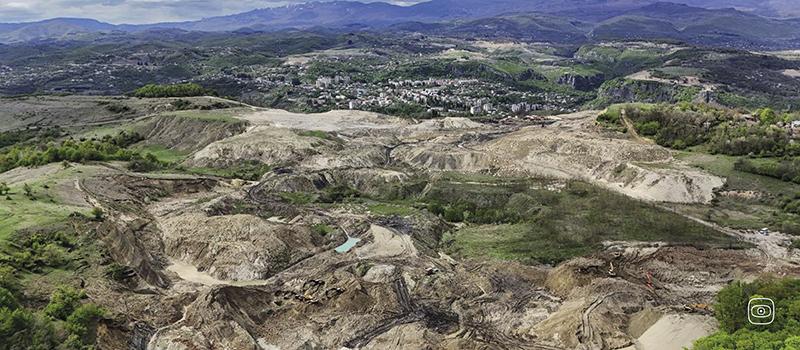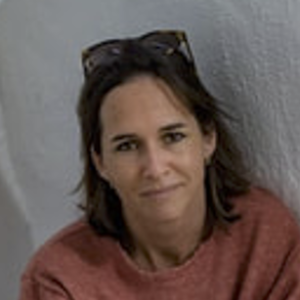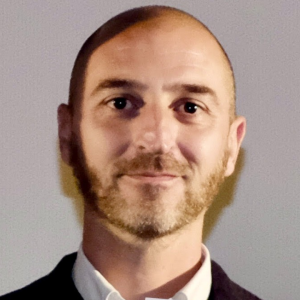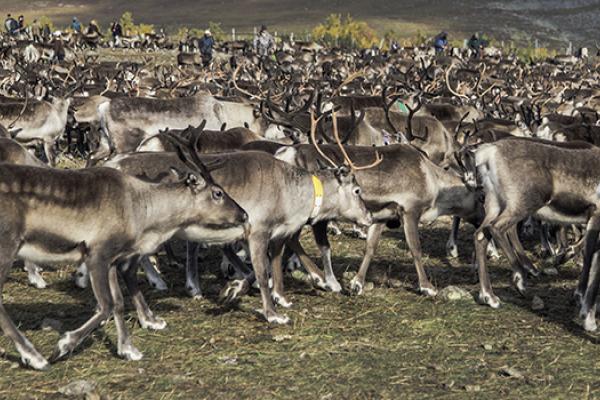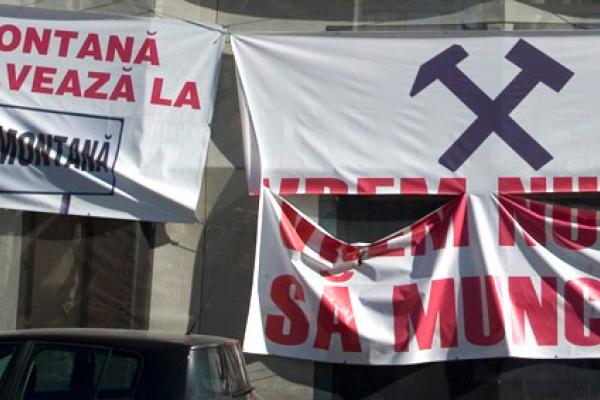For months, a group of villagers from Georgia's Chiatura region have been blocking access to manganese mines. Some have launched hunger strikes, and several have been detained. They are demanding compensation for damage caused by Georgian Manganese, a government-backed mining company that extracts manganese for export to the EU.
The residents of Chiatura accuse the company — a subsidiary of Georgian American Alloys, which is registered in Luxembourg and Cyprus — of causing landslides, polluting the area and violating labour rights. Locals and environmental organisations claim that waste is being discharged directly into the Kvirila River, which runs through several communities.
Of all the countries in Europe, Italy has imported the largest quantity of manganese from Georgia in recent years. The people of Chiatura say that they are being sacrificed so that the EU can have cleaner air. Protesters have recently reported cases of surveillance, intimidation and detention.
Protesters in Chiatura and Tbilisi claim that the ruling 'Georgian Dream' party is also to blame. Georgian Manganese’s parent company includes among its shareholders a businessman with links to the party, as well as a Ukrainian oligarch who has been accused of money laundering. They say that the company has not taken their demands seriously and has scaled up its environmentally damaging open-pit mining operations in recent months.
Although the EU Commission has expressed growing concern over the environmental and human rights impacts of critical raw material supply chains in EU countries, experts say that it has so far failed to implement effective measures to prevent environmental degradation in non-EU supplier countries, such as Georgia.
A team of journalists reported from Italy and Georgia to uncover the hidden costs of manganese mining. On the ground, they documented pollution, collected water samples from contaminated rivers, and interviewed local people affected by years of extraction.
Photo: Open-pit mining for Georgian manganese in Chiatura. (c) Olivia Acland.
